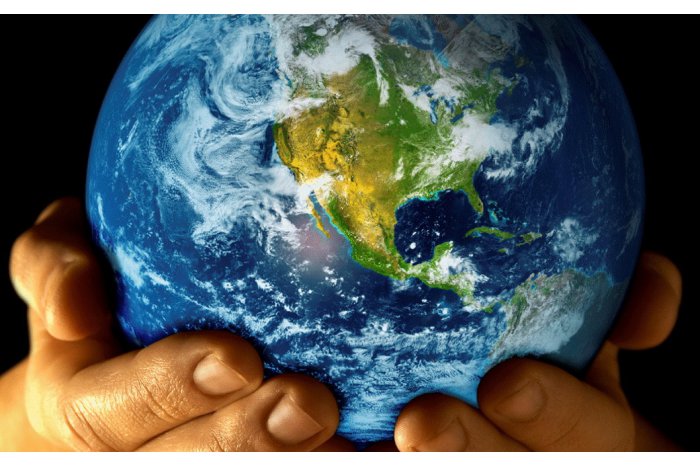Warm winter in Moldova caused by climate change, has more risks by experts
19:16 | 04.01.2018 Category: Social
Chisinau, 04 January /MOLDPRES/ – The high temperatures that are still in 2018 are part of a complex process of climate change. The researchers say that in recent 127 years, Moldova has become warmer, with an average temperature increase of more than one degree Celsius, while precipitation growth was only 54.7 mm.
Interviewed by the Agency, Vasile Scorpan, manager of the Climate Change Office of the Ministry of Agriculture, Regional Development and Environment, provided more research results to institution and partner specialists on risk factors, vulnerability and adaptation to climate change.
According to them, the early 1980s are considered a "turning point" in the trend of long-term air temperature evolution and anthropogenic influence on atmosphere is becoming more distinct. "The increase of the air temperature on the territory of Moldova in 1981 – 2014 leaves no room for doubt and is most evident during the warm season. As to a lesser extent, the climate is warming up in the winter months (average 0.4 – 0.6 ºC). This increase is statistically significant and has a tendency of continuity, as opposed to the annual rainfall that will be reduced", according to a study by the Climate Change Office.
The specialists mention that "Moldova is heading for a drier climate, with worsening humidity conditions throughout the country. All of this also clearly demonstrates a gradual worsening of ecological characteristics."
Forestry is one of the sectors that have the greatest possible impact on the heating effect. Thus, "the catastrophic drought, which in 2007 affected over 80 per cent of the country's territory, has considerably damaged about 5.5 per cent of the national forests. This caused the physiological weakness of plants and affected over 20 species of forest. Large losses were also recorded as a result of forest fires. It is the damage caused by natural factors, which are difficult to recover, especially since the extreme heat waves will become much more common in the future", according to sources from the Institute for Forests Research and Management, quoted by the Agency.
In turn, the experts from Agency "Apele Moldovei" say that the reduced rainfall, the dry climate, the increased percentage of evaporation and the climate drainage will affect the hydrological basins, and consequently the flora and fauna will suffer.
The physicians also have a a word in this context. For example, many specialists in Moldova believe that the increased number of viruses lately is also caused by the lack of frost that has a harmful effect on viruses and bacteria harmful to the body. "Although global warming may sometimes bring some benefits, such as fewer deaths in winter in temperate climate, the overall health effects of a changing climate are rather negative. Climate change affects social and environmental factors that influence health – clean air, drinking water or enough food. Extremely high air temperatures contribute directly to deaths through cardiovascular and respiratory distress, especially among the elderly.
Pollen and other aeroallergens are encountered at higher levels at extreme temperatures. This can trigger asthma, which affects about 300 million people worldwide. It is estimated that increasing temperatures will increase the number of cases of asthma diagnosed," notes the World Health Organization in a report.
At the same time, Nicolae Bucataru, a professor at the Technical University of Moldova (UTM), claims that the increased temperatures of the environment have had a negative impact on animals, which will affect the volume of meat, milk and eggs production. "Changing the thermal comfort zone can change animal metabolism and cause more changes in behaviour and health, which will inevitably lead to lower production levels," said the professor.
"The problems of climate change have long gone beyond the local or regional level and are subject to examination for the highest international fora. In order to find the necessary solutions for prevention and adaptation, Moldova is a party to the UN Framework Convention on Climate Change and its additional treaties – the Kyoto Protocol, the Paris Agreement, etc. First, we need to understand climate risks, assess hazards, and change existing policies and develop new strategies that are climate-resilient," said for the agency Vasile Scorpan, the Climate Change Office manager at the Ministry of Agriculture, Regional Development and Environment.
(Reporter L. Grubii, Editor A. Raileanu)

